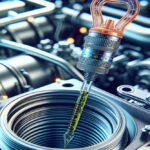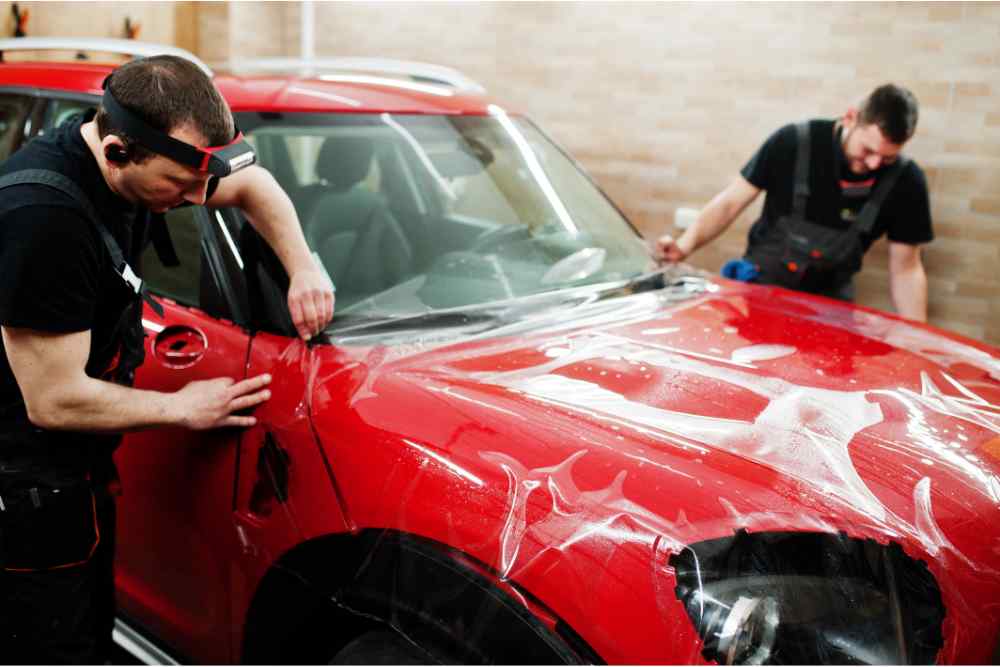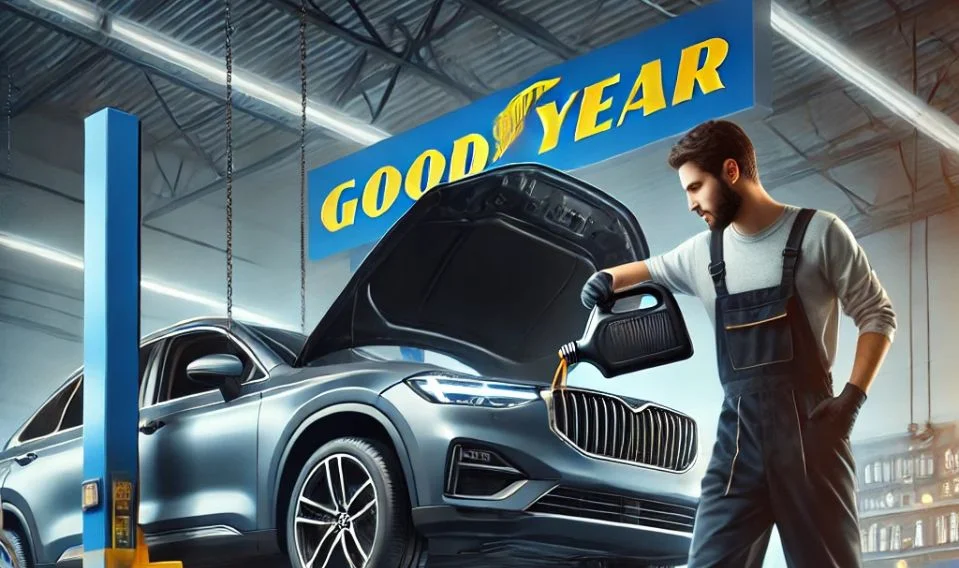Ensuring the longevity and best performance of your car is crucial in today’s fast-paced world when cars have become an indispensable part of everyday lives. With an emphasis on important maintenance details, this guide attempts to give you a comprehensive road map for keeping your car in excellent shape. You can prolong the life of your car and lower the chance of unplanned breakdowns by adopting these habits into your daily life.
Regular Maintenance Checks
To ensure that your vehicle continues to be in good health, the first and most important step is to do routine maintenance inspections. This involves checking the levels of fluids, such as brake fluid, engine oil, and transmission fluid, to make sure that they are at the levels that the manufacturer suggests. It is also essential to do routine inspections and replacements of consumables like spark plugs, air filters, and other components. Through these routine examinations, potential problems can be identified before they become more serious, thereby contributing to the overall health and safety of your vehicle.
Efficient Tire Care
Tires are an essential component in determining the overall performance and safety of your vehicle. Tires should be inspected regularly to check for signs of wear and tear, and they should also be inflated according to the levels recommended by the manufacturer. If you want to improve your vehicle’s handling and traction, you should think about purchasing tires of good quality that are ideal for all four seasons. You can shop all-season tires from reliable and well-known sources that offer adaptability in a variety of weather conditions. Because of this, the driving experience is guaranteed to be smooth and risk-free during the entire year.
Timely Brake System Inspections
Driving safely on the road requires that you have a brake system that is in good working order. When it comes to identifying any symptoms of wear and tear, it is essential to perform routine checks on the brake pads, rotors, and fluid levels. Issues with the brakes should be addressed as soon as possible to not only protect the people who are in the car but also to avoid any potential damage to other essential components. To ensure that your vehicle has adequate stopping force and to avoid expensive repairs in the future, make the maintenance of your braking system a top priority.
Cooling System Maintenance
Several components located beneath the hood are subject to temperature regulation, which is the responsibility of the cooling system of the engine. When the engine overheats, it can cause extremely serious damage. Regularly checking the coolant levels and inspecting the radiator for leaks is the best way to prevent this from happening. It is important to flush the cooling system at the intervals that are advised because it helps eliminate any pollutants and ensures that the radiator and water pump are running properly, which contributes to an engine that is well maintained.
Battery Health
It is essential to have a dependable battery to start your vehicle and provide power to the necessary electrical components. Maintaining a clean connection requires that you inspect the battery terminals regularly for corrosion. Make sure to check the voltage of the battery on a regular basis and replace it if it exhibits any signs of degeneration. Because of the heavy reliance that modern automobiles have on their electronic systems, having a battery that is in good condition is critical to the overall performance of your vehicle.
Proactive Approach to Engine Health
Maintaining the health of your vehicle’s engine is essential for ensuring its dependability over the long run. The engine is the heart of your vehicle. Consistently changing the engine oil and utilizing oil filters of superior quality are both factors that contribute to the efficient running of the engine. To avoid unanticipated breakdowns, it is important to keep a close eye on the timing belt and the serpentine belt and to replace them in accordance with these guidelines. To prevent significant breakdowns and costly repairs, it is essential to practice preventative maintenance on the engine.
Conclusion
Maintaining the best possible condition for your car needs proactive and organized maintenance. Maintaining the longevity and best possible performance of your car requires routine checks on critical parts, effective tire care, brake system inspections, cooling system maintenance, battery health, and an aggressive approach to engine health. By adopting these normal maintenance procedures, you can avoid future repair costs and have a trouble-free, safe, and seamless driving experience. Recall that a well-kept vehicle makes a dependable traveling companion, offering comfort and peace of mind on all of your trips.











